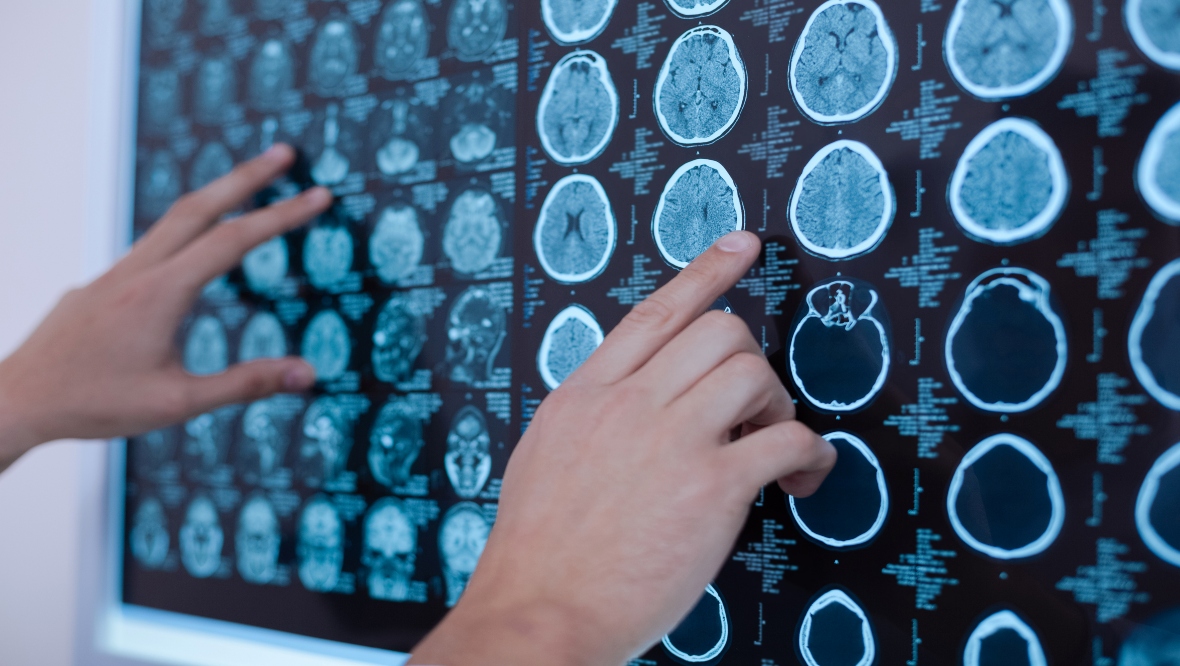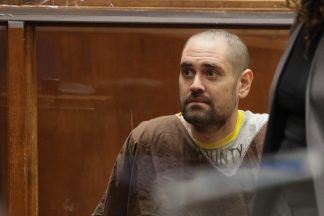A new type of cancer drug can kill brain tumour cells in a lab environment, scientists have said.
Cancer Research UK scientists at the Beatson Institute in Glasgow grew cancer stem cells from patients with an aggressive type of brain tumour called glioblastoma and added drugs known as BH3-mimetics.
Cancer Research UK said around 450 people are diagnosed with malignant brain tumours, and around 390 die from the disease in Scotland every year.
Glioblastoma is currently treated with surgery, radiotherapy and chemotherapy, but survival rates are poor, with only around one in ten (9%) Scots with a brain tumour surviving for five years or more after diagnosis.
They found the new drugs – currently in clinical trials for patients who have blood and bone marrow cancers but not for those with brain tumours – helped to activate the cell’s “kill switch” mechanism, causing the cancer stem cells to die.
They also showed that administering the drugs one after the other, rather than together, killed the cancer cells without toxic side effects in mice.
Scientists believe this group of BH3-mimetics drugs could be used to treat brain tumours in future.
They now plan to now expand laboratory testing to explore whether the effectiveness of the drug can be increased by combining with other treatments such as radiotherapy.
Lead author Professor Stephen Tait, professor of mitochondrial cancer biology at the Beatson Institute, said: “Finding new ways to use existing cancer drugs is one of the quickest ways to get treatment to patients.
“Our results show that BH3-mimetics could target the proteins that help brain tumours resist treatment, overcoming the cell’s ability to cheat death.
“These drugs appear to be very effective at causing cell death in glioblastoma while not harming normal brain tissue which is really exciting, not just for glioblastoma, but could potentially help in treating other cancer types as well.”
Cancer stem cells are a group of cells within the tumour that are particularly resistant to treatment, so even if most of the tumour cells are destroyed with treatment, the cancer stem cells can remain and cause the tumour to re-grow.
To find out if the drugs could work in brain tumours, the scientists measured levels of proteins called BCL2, BCL-xL and MCL-1 in cancer stem cells. These proteins stop the cell from activating its “kill switch”, which it uses when it suffers damage.
In cancer, the “kill switch”, known as apoptosis, is often disabled or circumvented to allow cells to grow uncontrollably, forming tumours.
BH3-mimetic drugs stop these proteins from working in a variety of blood and bone marrow cancers, and the team wanted to see if the same mechanism applied to brain tumours.
Their results, published in the journal Cell Death and Differentiation, found that brain tumour stem cells treated with BH3-mimetic drugs had higher levels of BCL-xL and MCL-1 and were much more likely to activate the “kill switch” and die.
Professor Tait added: “The next stage is for us to examine whether the results are the same across different patients. In the future, we hope to explore how these drugs can be combined with different therapies such as radiotherapy to increase their effectiveness even more.
“If these drugs do receive clinical approval after the clinical trials for use in multiple myeloma, then hopefully we will one day be able to use them to tackle glioblastoma.”
Follow STV News on WhatsApp
Scan the QR code on your mobile device for all the latest news from around the country


 iStock
iStock
























